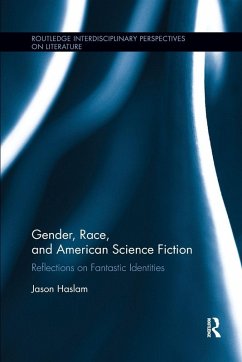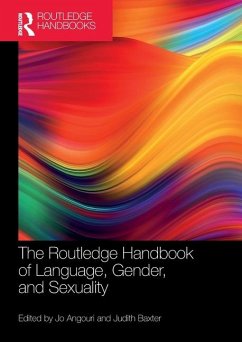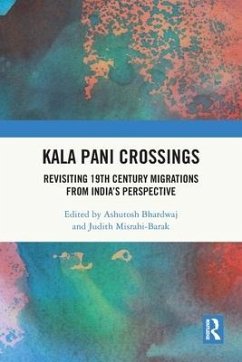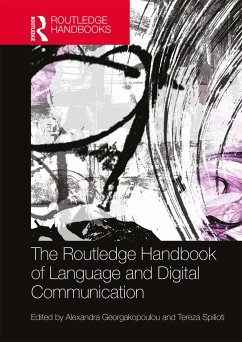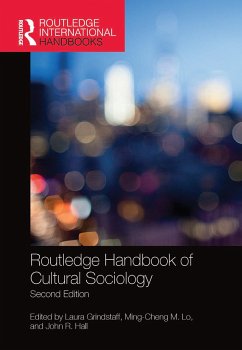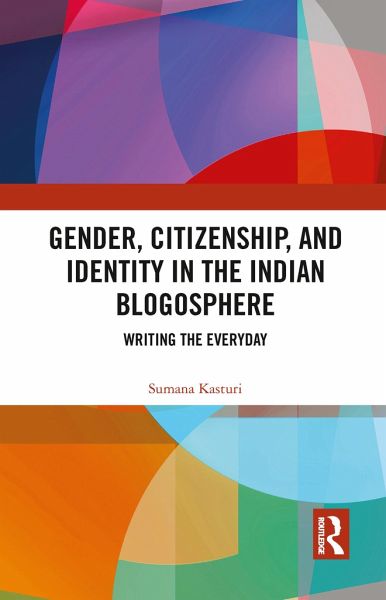
Gender, Citizenship, and Identity in the Indian Blogosphere
Writing the Everyday
Versandkostenfrei!
Versandfertig in 6-10 Tagen
45,99 €
inkl. MwSt.
Weitere Ausgaben:

PAYBACK Punkte
23 °P sammeln!
This book examines the role of women bloggers in the Indian Blogosphere. It explores how women use new media technologies to create online spaces that share knowledge, raise awareness, and build communities. A unique work at the intersection of digital culture, feminist theory, and diaspora/transnationalism studies, this book brings to light layered and complex issues such as identity, gender performativity, presentation of self, migration, and citizenship.This volume will be useful for scholars and researchers of cultural studies, political studies, gender studies, women's studies, sociology,...
This book examines the role of women bloggers in the Indian Blogosphere. It explores how women use new media technologies to create online spaces that share knowledge, raise awareness, and build communities. A unique work at the intersection of digital culture, feminist theory, and diaspora/transnationalism studies, this book brings to light layered and complex issues such as identity, gender performativity, presentation of self, migration, and citizenship.
This volume will be useful for scholars and researchers of cultural studies, political studies, gender studies, women's studies, sociology, diaspora studies, feminist theory, media and communication studies.
This volume will be useful for scholars and researchers of cultural studies, political studies, gender studies, women's studies, sociology, diaspora studies, feminist theory, media and communication studies.





